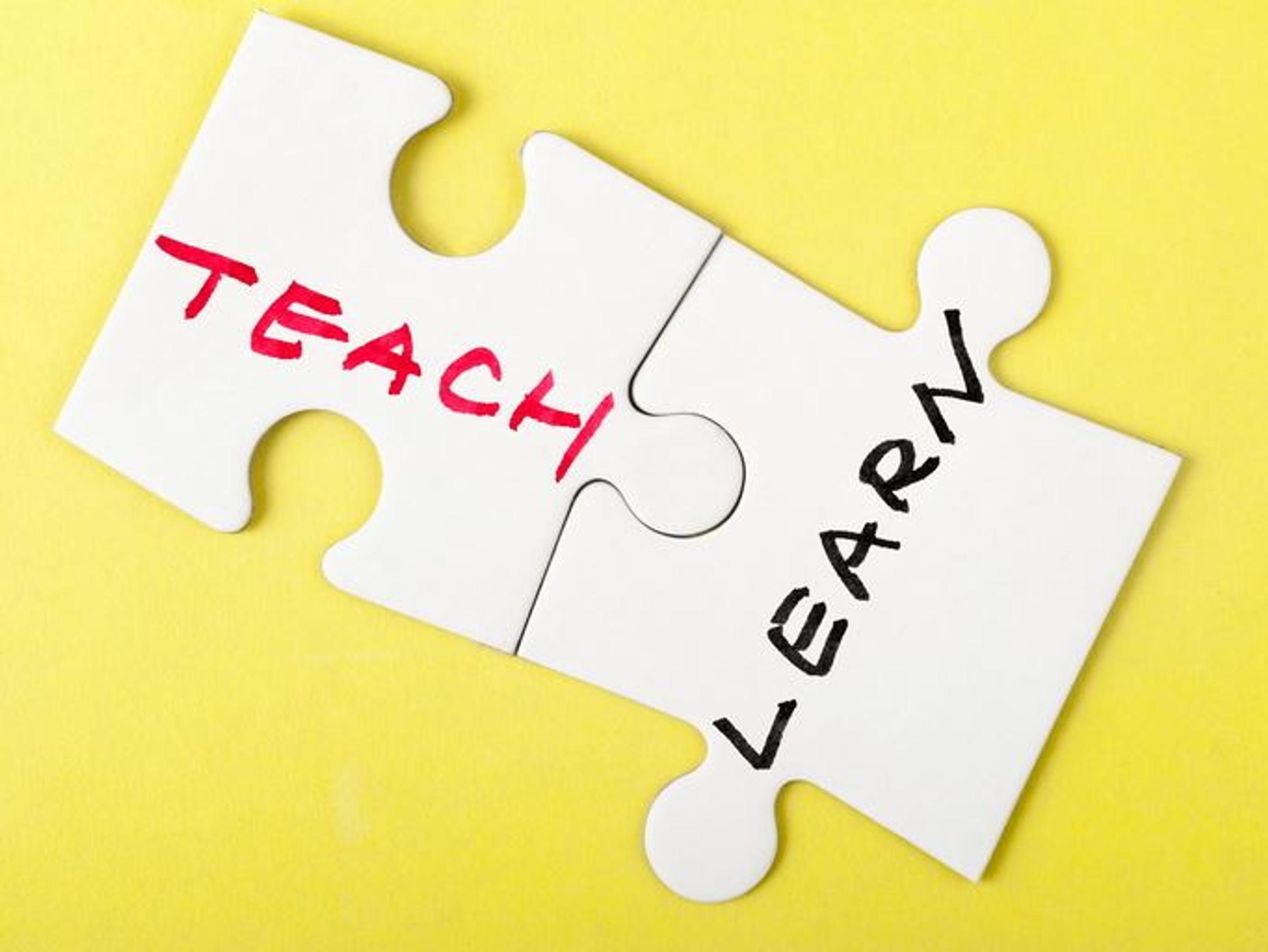Learning and Teaching

HOME LEARNING
The St James’ Home Learning Policy will be reviewed in the coming weeks, to ensure it aligns with contemporary practice and research. The process will also allow teams of teachers to work together to reflect upon the evidence in order to create effective home learning structures and resources. Teachers will aim to create consistent expectations within their teams. These will then be shared with students and families later this term, in Week 5-6.
If you are interested in learning more about the value and impact of Home Learning, below is an extract from our current whole school St James Home Learning for you to read.
The Value of Home Learning
The current evidence and research shows that the quality of homework assigned is likely to be more important than the quantity. Research has established that homework has a positive effect on learning, particularly at the middle and secondary school levels (Xu, 2010; Zimmerman & Kitsantas, 2005). Although homework’s effectiveness has been challenged by educators, parents, and students (Kohn, 2006), it continues to be an important educational supplement used by most teachers to enhance the learning experience of their students (Patall, Cooper, & Wynn, 2010). Overall, the effectiveness of homework is enhanced by providing students with choices among homework tasks, which will result in higher motivational and performance outcomes, students’ autonomy, and intrinsic motivation (Patall et al., 2010).
At St James we recognise that any learning done at home needs to be appropriate, accessible and effective.
At St James we hope to provide students and parents with opportunities to reinforce learning which consolidates or extends understandings. The role of the parent / carer is critical in the success of home learning. It becomes the responsibility of parents to work in partnership with teachers to make sure that learning at home is valuable and effective.
Home learning should include conversations with parents/carers where a child can be helped to understand misconceptions they may have or to be given timely and appropriate feedback about how they are going and what they could do to improve. Without feedback and support during home learning, learning becomes serendipitous and can simply result in wasted time and anxiety about completing tasks without any benefit on student improvement.
John Hattie, Professor of Education and Director of the Melbourne Education Research Institute at the University of Melbourne, found that the influence that homework has on student achievement is more effective for secondary students than primary age students. He concludes that for primary students it is about quality not quantity. He believes that it’s not about getting rid of homework but about getting it right.
“Homework in primary school has an effect of around zero. In high school it’s larger. Which is why we need to get it right. Not why we need to get rid of it. It’s one of those lower hanging fruit that we should be looking into our primary schools to say, “Is it really making a difference?” If you try and get rid of homework in primary schools many parents judge the quality of the school by the presence of homework. So, don’t get rid of it. Treat the zero as saying, “It’s probably not making much of a difference but let’s improve it”. Certainly I think we get over obsessed with homework. Five to ten minutes has the same effect of one hour to two hours. The worst thing you can do with homework is give kids projects. The best thing you can do is to reinforce something you’ve already learnt.” (Visible Learning John Hattie)
Homework helps students by:
- complementing and reinforcing classroom learning
- fostering positive lifelong learning and study habits
- providing an opportunity for students to become responsible for their own learning
- developing self-regulation processes such as goal-setting, self-efficacy, self-reflection and time management
- supporting partnerships with parents by connecting families with the learning of their children
Quality practice
It is not necessary to assign large amounts of homework; however it is important that homework provides students with opportunities to practice skills, review content and deepen understanding of concepts learned. Homework and practice can also help students to develop self-regulation processes, such as time management and study skills.
Olivia Quinlan
Literacy Leader/Learning and Teaching Leader
